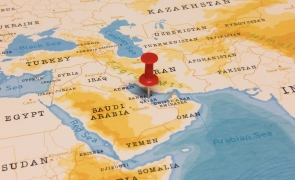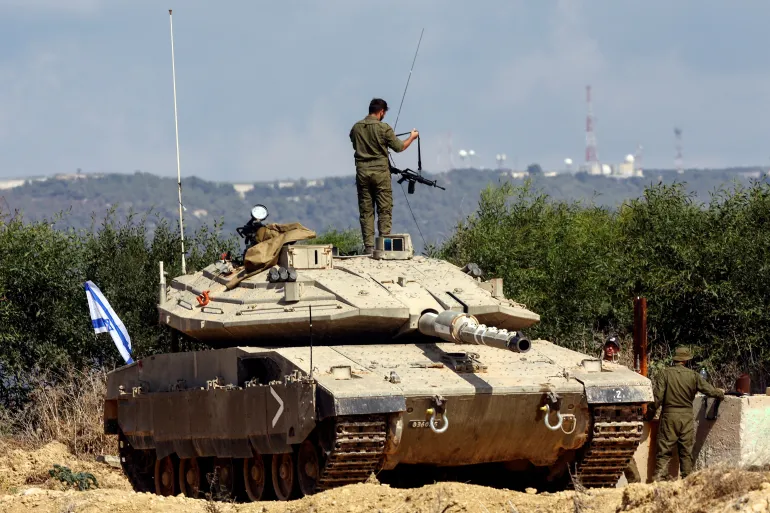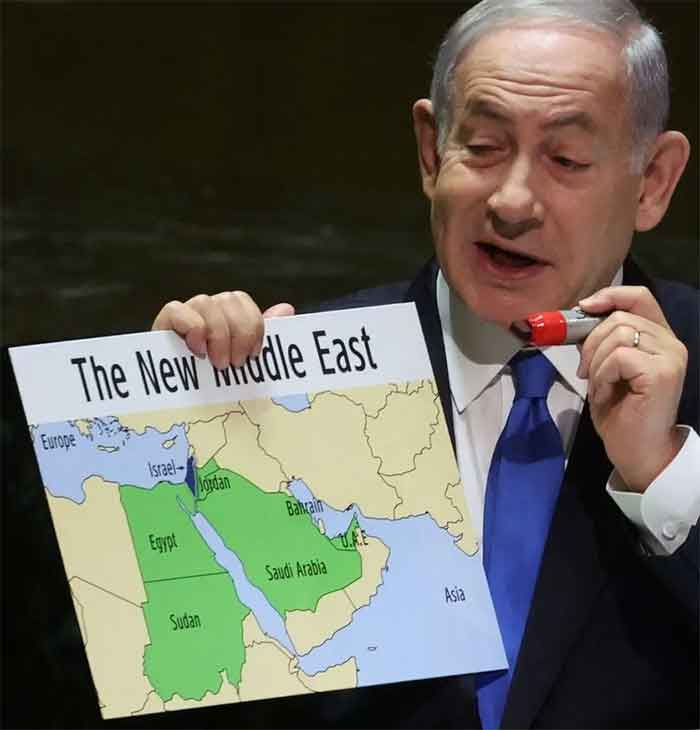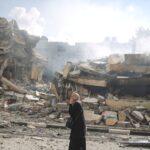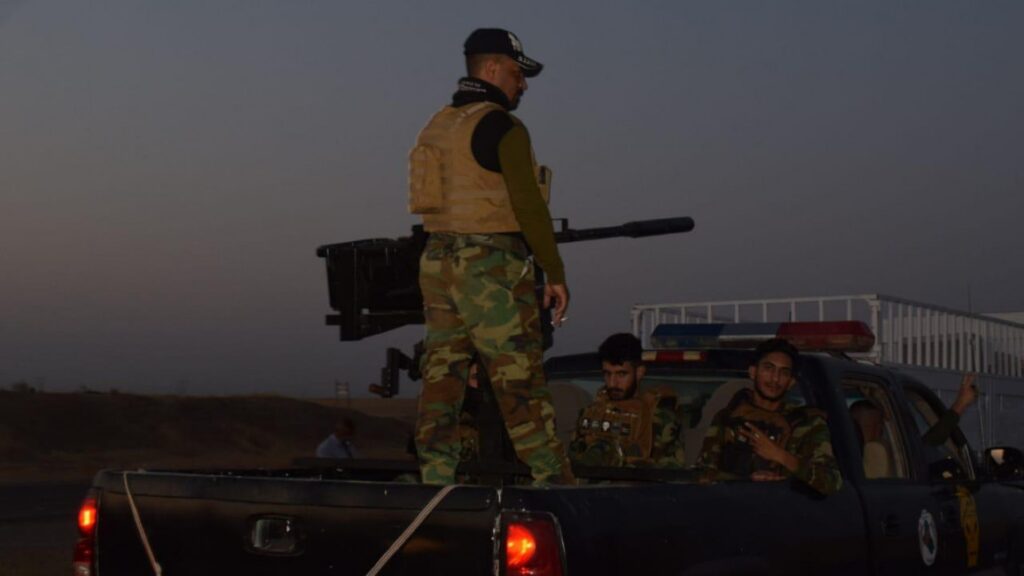Turkey’s relationship with the Muslim Brotherhood
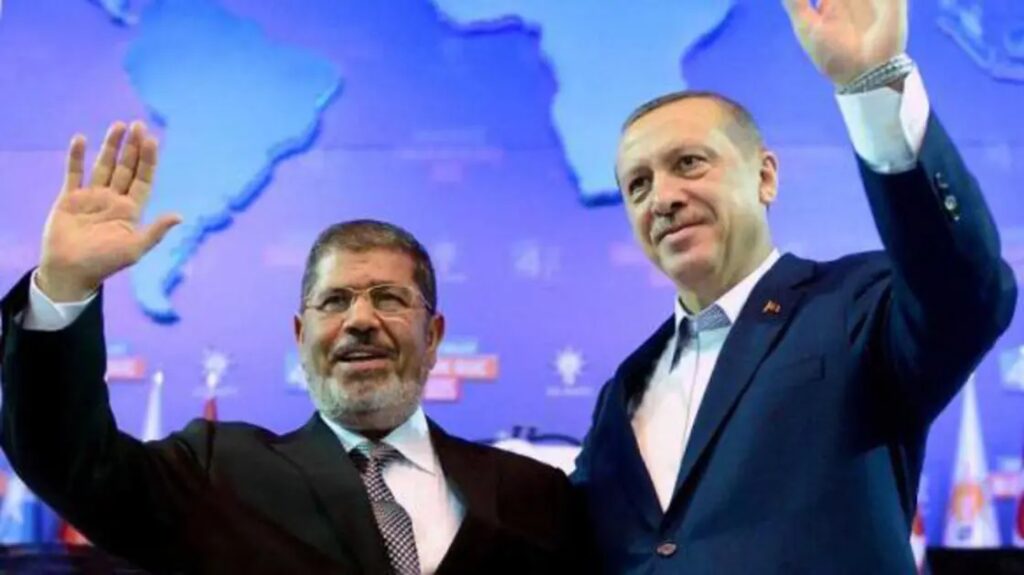
Since the June 30 revolution in Egypt, Turkey has become the regional hub for the Muslim Brotherhood’s international organization. Istanbul has played host to many meetings planning what steps are to be taken against the military-backed Egyptian government after the July 3 ouster of President Mohammad Mursi.



